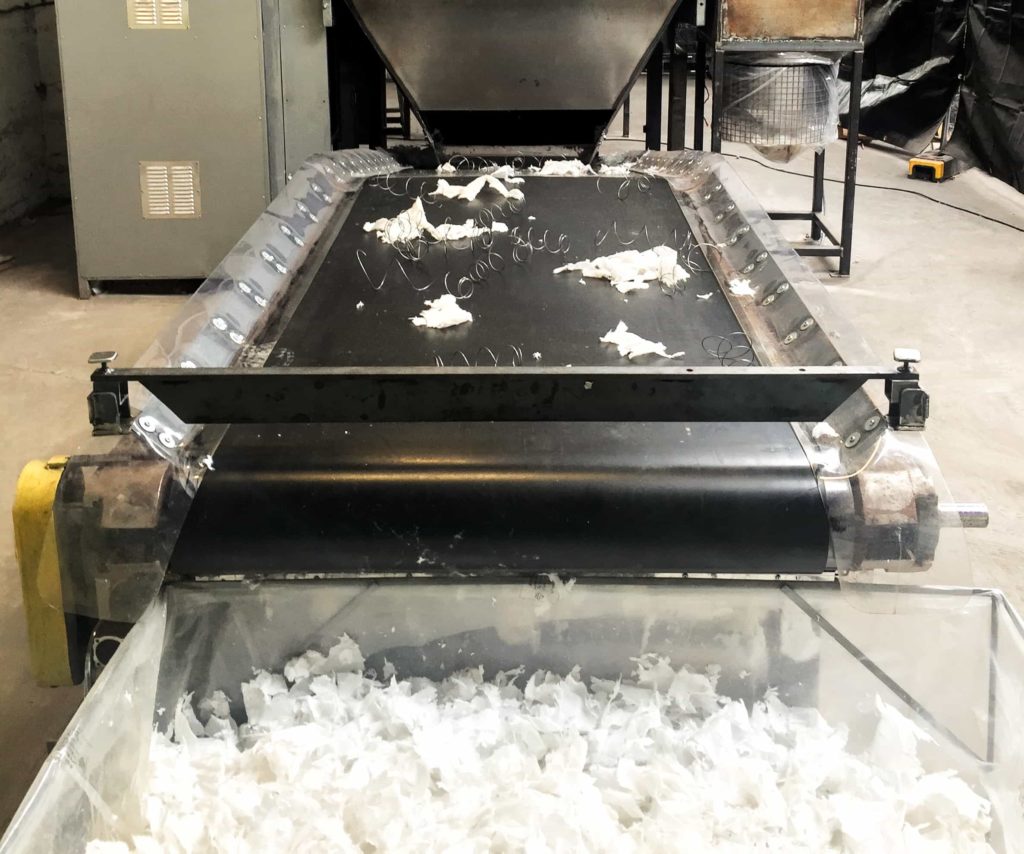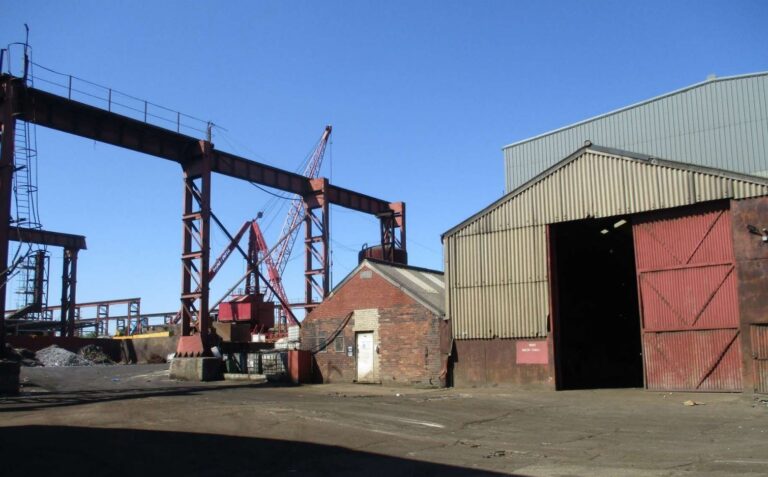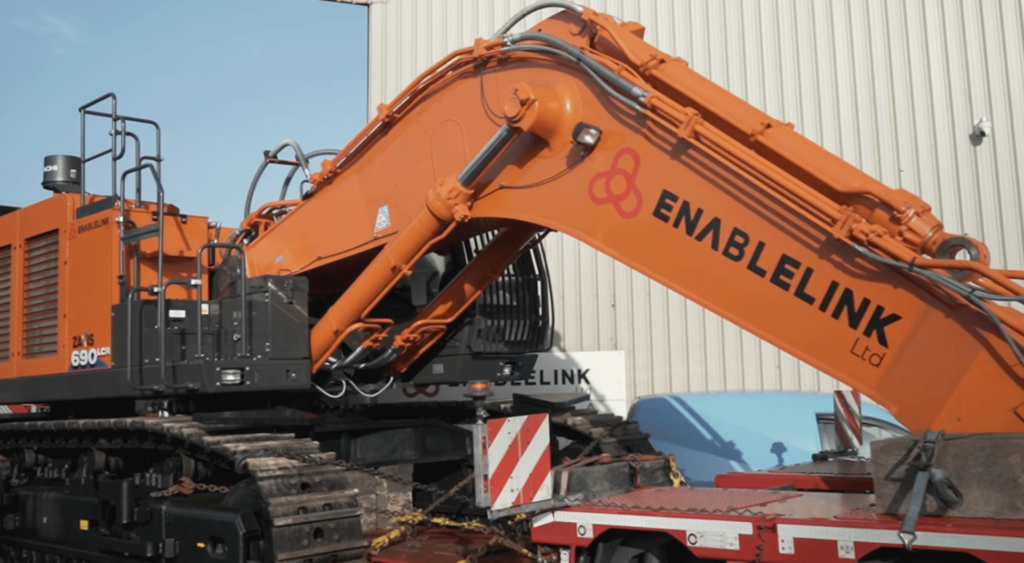The system, which is already in operation at TFR Group’s Blackburn recycling site, has been designed internally by the company’s engineers to dismantle and separate the components to increase the value of captured material.

The majority of mattresses sold in the UK are either open coil or pocket spring based, and present specific challenges to recyclers. Unlike open coil springs, pocket sprung mattresses can consist of between 1,000 and 10,000 single springs each wrapped inside a textile-based polypropylene (PP) pocket, according to TFR Group.
Traditionally the only way to recycle pocket springs has been to manually separate each spring from the textile pocket with a knife – a time-intensive task which can ‘take up to half a day per mattress’ according to the firm.
Cost
As such, TFR Group has said that there would be a ‘large cost’ associated with recycling the pocket spring mattresses, resulting in large numbers of the mattresses ending up in landfill.
However, TFR claims that using the prototype machine, the pocket springs can be automatically separated into steel and PP waste streams. The company hopes that the innovation, which has been patented, could reduce the manual labour requirement in the sector and increase the value of used mattresses.
Through the process individual springs are removed from pockets whole, with the machine capable of separating one spring from the textile jacket every two and half minutes. The company claims this greatly reduces the time spent on manual processing.
‘Sore knuckles’
Speaking to letsrecycle.com, Nick Oettinger, founder and managing director of TFR Group, said the process would put an end to workers getting “sore knuckles” from pulling the pockets apart.

He said: “The majority of scrap dealers won’t take them because there’s too much contamination. People try to shred them and it damages the machinery very quickly. So we’ve designed a machine that removes the material that doesn’t shred and takes out the spring whole from the pocket.”
Once separated, clean steel springs can be baled and sold for an average price of around £60-80 per tonne, TFR claims. The PP is one of 19 different textile fibres TFR Group segregates from a mattress which can be used to produce end products such as mattress pads, automotive felt and carpet underlay.
Mr Oettinger explained that the prototype has received “strong interest” from countries outside of the UK, including the Netherlands and the United States. It comes as a boost to the business, which began recycling mattresses in 2010 and now has operations in Lancashire, Bristol and Derbyshire.
Design
He added: “As far as we know, we are the first company in the world to design and create a machine to automate pocket spring recycling. We are working with manufacturing partners to produce more versions of the machine that can be sold all over the world, speeding up pocket spring recycling for organisations in the UK and beyond, and ensuring we keep the materials away from landfill.
“This is the first in a series of machines that will speed up mattress recycling and we also have designs for additional machinery to help bring automation to the mattress recycling process. Our engineering team is working hard to bring these designs to prototype stage, ready to launch and implement at our own plant, with the aim of producing and selling them in the near future.”
Earlier this summer, the National Bed Federation produced a report revealing that a number of mattress recycling facilities have closed their doors since 2014. This it believes can be attributed to falling steel prices coupled with higher insurance premiums for facilities (see letsrecycle.com story).












Subscribe for free